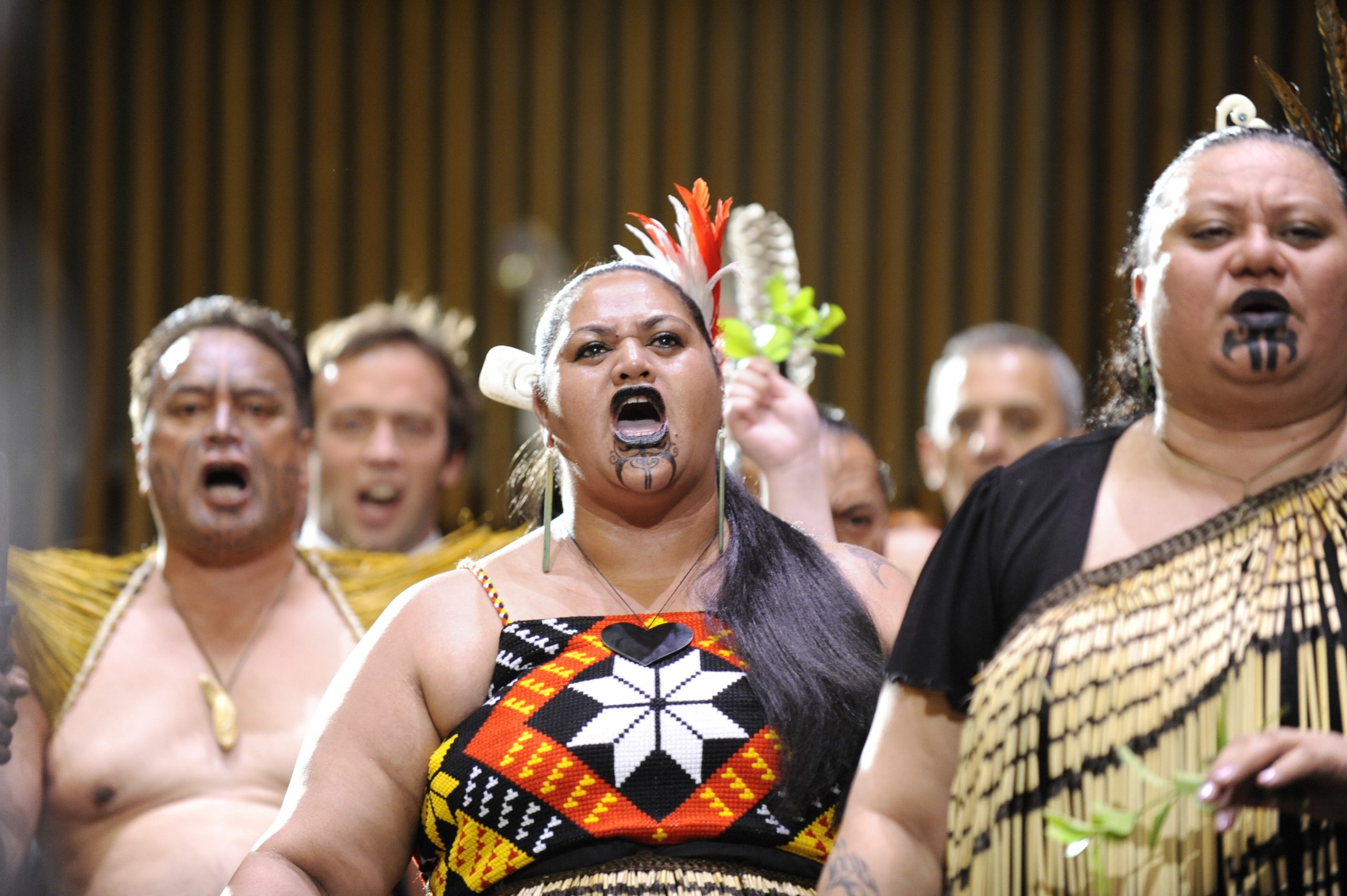Transcending global health dogma: an Indigenous perspective
Current perspectives on global health are largely determined and advocated for by people or institutions in Europe or in the USA. Those determining the questions are not diverse, which results in hegemonic solutions for the entire world. Sometimes, on the basis of the arbitrary and problematic comparative category of income alone, a single generalised solution is recommended for the almost 6·5 billion people living in low-income and middle-income countries, from Afghanistan to Brazil, from China to Jamaica. We question whether this approach can really lead to health equity. These solutions are exported and chorused by supporting academics and politicians and become a global dogma. As with any dogma, criticism is discouraged and belief in experts is demanded. We suggest four steps to transcend this approach and allow for plurality.
First, acknowledging that health and pathways to health are defined differently in distinct traditions worldwide. Each cultural tradition contributes to the cultivation of a health-care dynamic grounded on its own history, viewpoint, and issues, and guided by specific principles and values. These factors cannot be assimilated into the civilising project—which historically and often still—regards many Indigenous people and traditions as backwards and in need of salvation, development, or modernisation. This fact is ignored by many health-care institutions, both global and local, and acknowledging it might result in new reflections on health care and on a more relevant and nuanced approach to health equity.
Ranchod, K., & Guimarães, D. S. (2021). Transcending global health dogma: an Indigenous perspective. The Lancet. Global health, 9(10), e1357–e1358. https://doi.org/10.1016/S2214-109X(21)00342-9
IMAGE CREDIT: Powhiri ceremony, April 28 2009, Peter Foley/UNDP is licensed under CC BY-NC-ND 2.0

